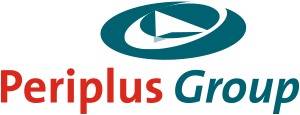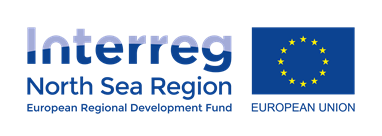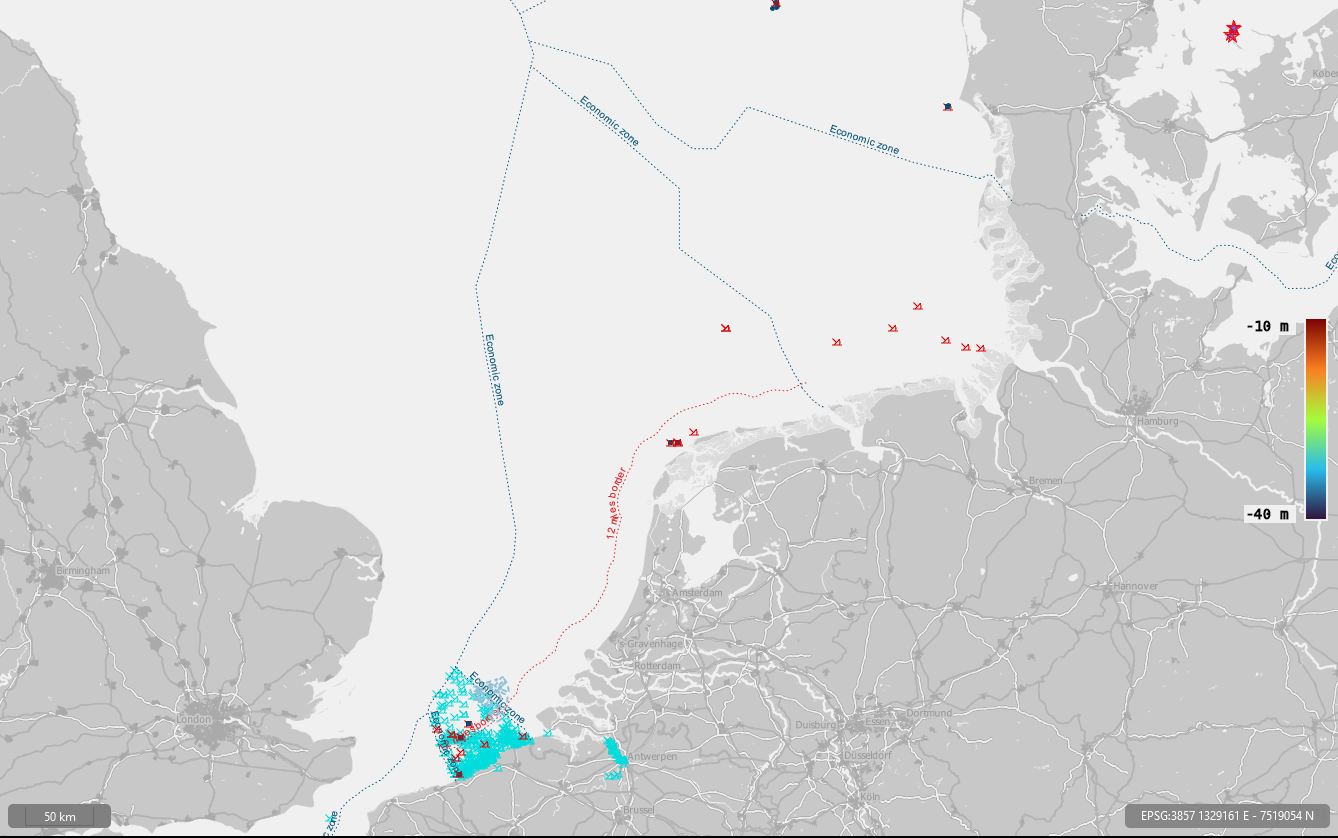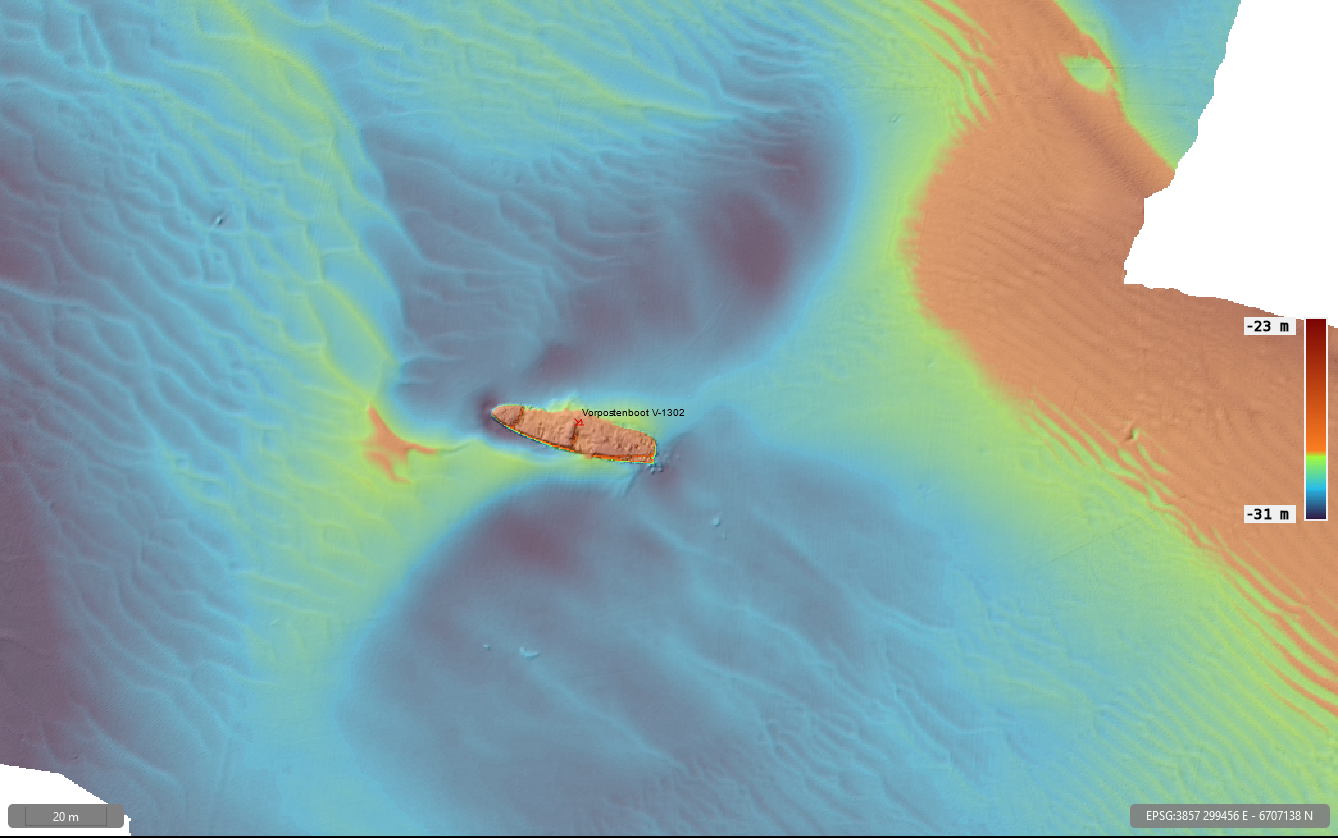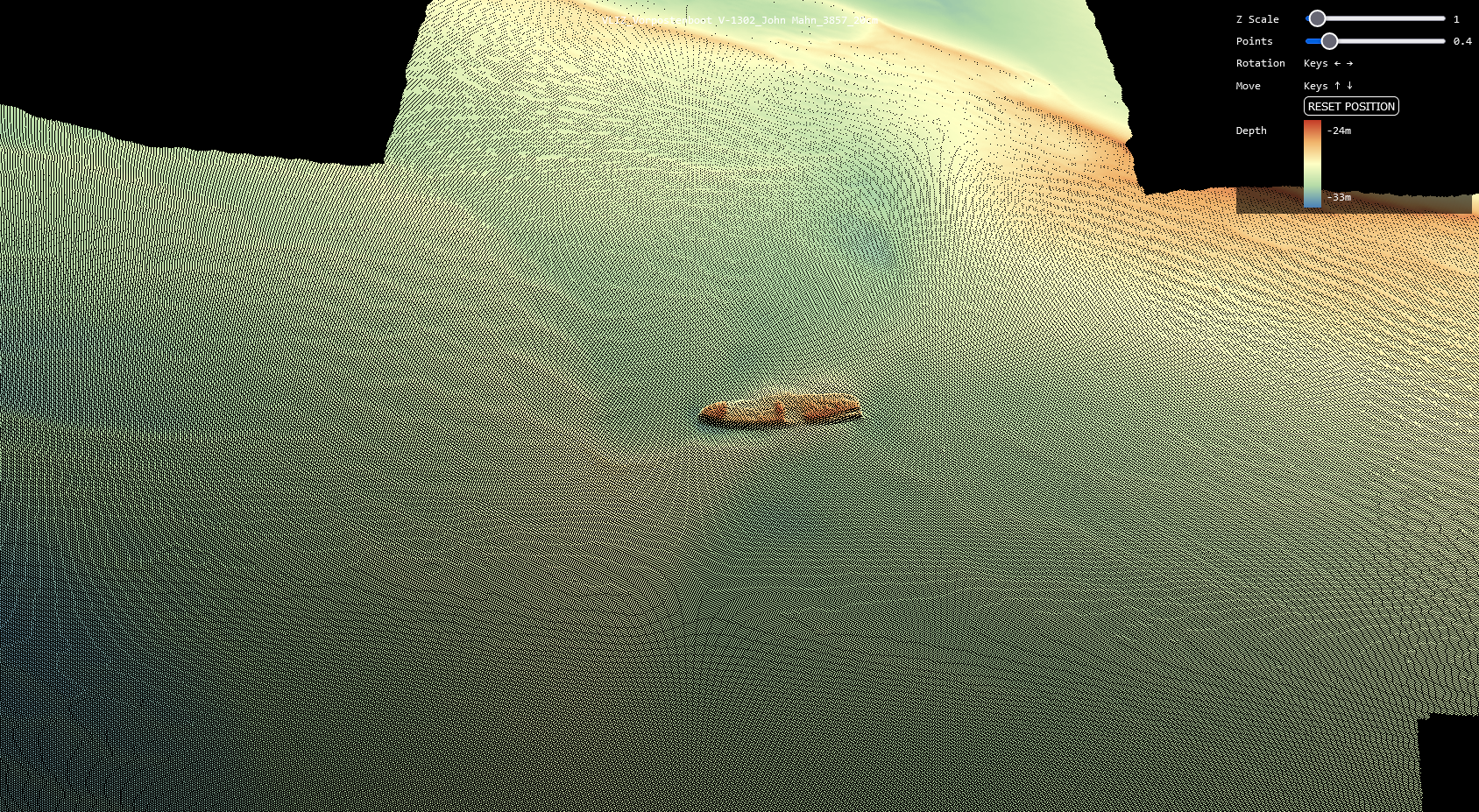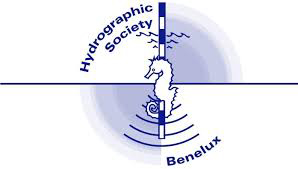Our work has yielded valuable insights, particularly concerning wrecks like the John Mahn and the HMS Basilisk, which still contain munitions that are gradually leaking due to corrosion. While the concentrations of toxic substances found are currently below harmful levels, our commitment to ongoing monitoring and proactive management remains steadfast.
The North Sea Wrecks project is not an isolated endeavor. It has paved the way for broader international cooperation, with OSPAR, an organization dedicated to protecting the marine environment in the North-East Atlantic Ocean, embracing our approach.
We are delighted to share the contributions that Periplus has made to the North Sea Wrecks project, a collaborative effort with partners from Belgium, the Netherlands, Germany, Denmark, and Norway. This ambitious endeavour, initiated in 2018, aims to shed light on the environmental impact of shipwrecks in the North Sea, many of which bear witness to the two World Wars.
Our involvement in this project has been multifaceted, encompassing various key activities:
- Comprehensive Shipwreck Inventory: We have diligently compiled a comprehensive list of shipwrecks located within the Dutch Exclusive Economic Zone (EEZ), a critical first step in understanding the scale of this issue. However, due to logistical constraints, not all wrecks could be studied in depth.
- Data Source Inventory: Our team has developed the Data Source Inventory, an essential resource that stores information on the sources used within the project, promoting transparency and data accessibility.
- Data Repository Development: We've been hard at work building the Data Repository, a platform where survey data, research data, data from archives, and open-source data are harmonized and stored. Notably, we have completed the API for North.io's risk analysis tool and are currently focused on the front-end development of the Repository, which will enable partners to upload, store, and append their data conveniently.
- Data Transformation: Initiating the data transformation process, we have catalogued the type of data that each partner will upload into the Repository. This step is pivotal in converting the heterogeneous dataset into a homogeneous one. We've also performed initial transformations and uploaded survey data onto the Data Repository.
- UXO Desktop Study: Simultaneously, we've undertaken a comprehensive UXO desktop study, identifying knowledge gaps in the chemical and legislative aspects. Our outreach to colleagues has been instrumental in filling these gaps. We've already completed the legislation chapter of the study, and our findings emphasize the need for a comprehensive international agreement for underwater munitions and wreck management, with a special focus on food safety regulation. In the final phase, we aim to finalize the study and gather feedback from our esteemed partners.
- Developed an UXO Warehouse: The structure of the UXO Warehouse is now complete, containing data on various types of munitions. This version is ready for validation and quality control by experts, ensuring the accuracy and reliability of the information. We collaborated with experts in World War I and II warfare to validate and enhance the UXO Warehouse. Their valuable insights have been integrated into the final version. Additionally, we sought feedback from our partners and advisory board members on the draft text of the UXO desktop study, further refining our work.
- Software development of an online platform: We are pleased to announce the expansion of functionality within the Gr:Dit platform. The new 3D viewer allows wrecks to be displayed in three dimensions, enhancing our ability to visualize and understand these underwater structures.
Looking ahead, Periplus is delighted to contribute to the follow-up project REMARCO (Remediation, Management, Monitoring and Cooperation addressing North Sea UXO). Led by the Alfred Wegener Institute for Polar and Marine Research, this initiative will explore better detection techniques for munition leaks and will develop strategies to combat pollution caused by war wrecks.
With our contribution Periplus remains committed to safeguarding the North Sea and its ecosystems, ensuring a sustainable and secure future for this vital maritime region. Stay tuned for more updates as we continue our journey toward environmental preservation and responsible management.
For more information, please have a look at this outstanding article that has been published in Hydro International.
